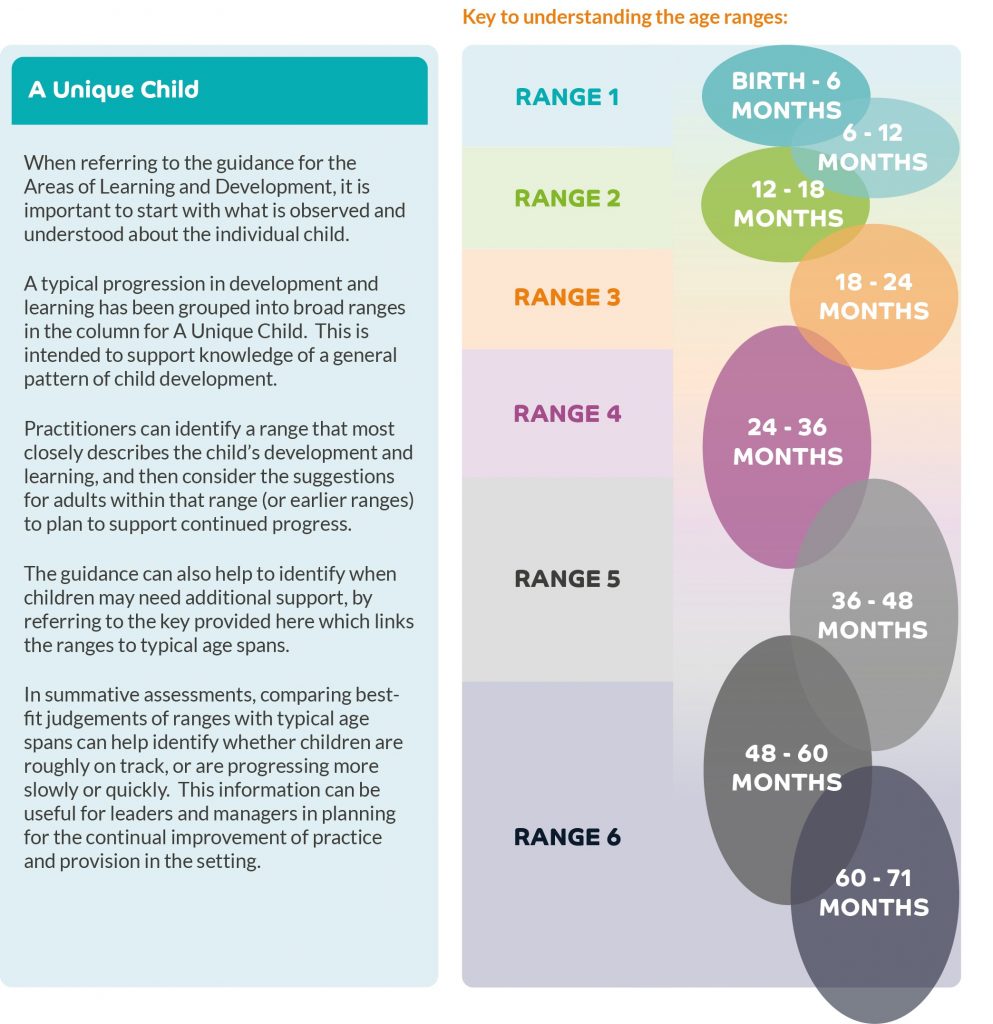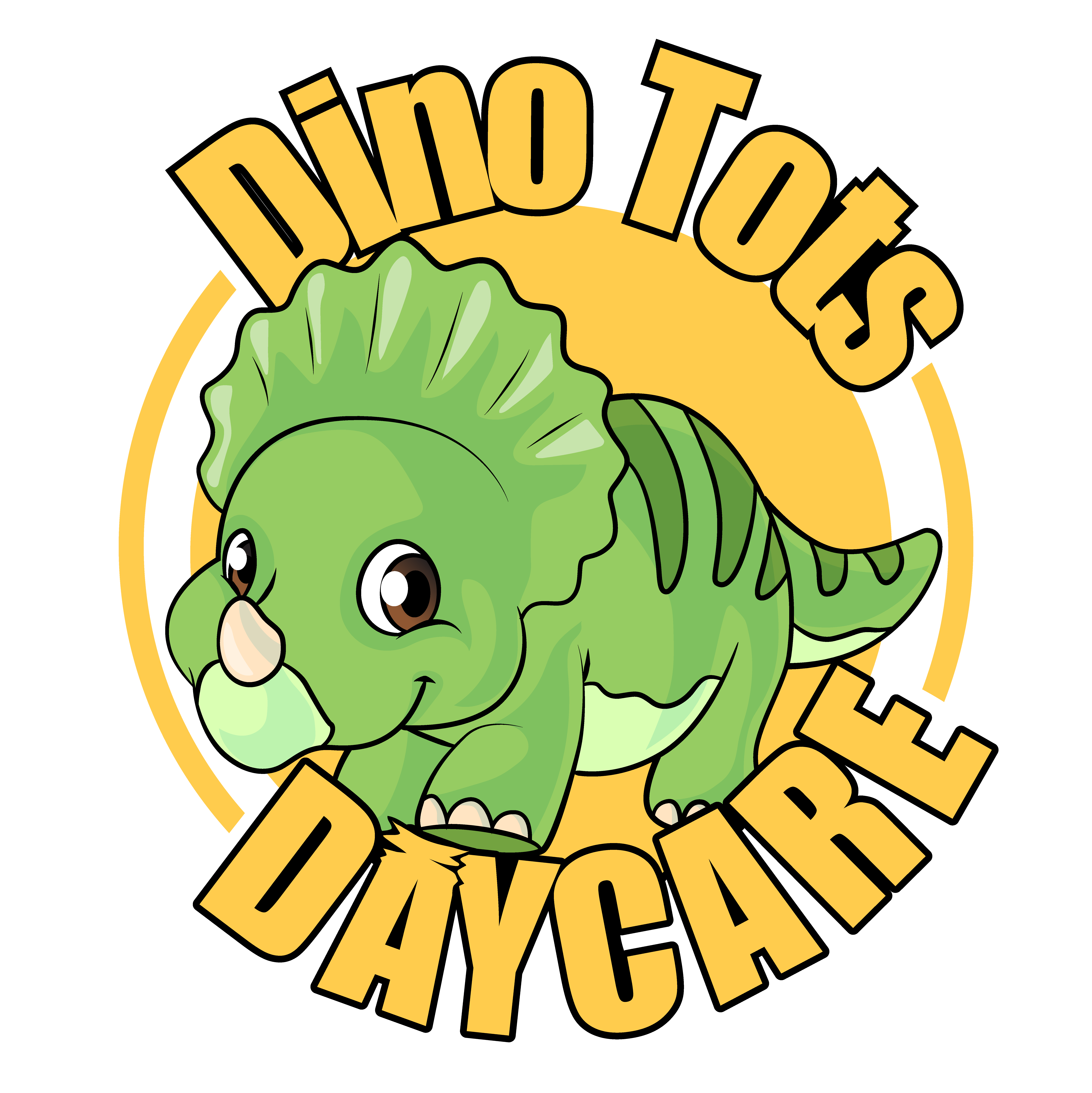The Early Years Foundation Stage (EYFS)
This information was taken from the Birth to 5 Matters website which you can visit by following this link, birthto5matters.org.uk
You can download the contents of this page as a PDF by clicking HERE
The Early Years Foundation Stage (EYFS)
The Early Years Foundation Stage Framework outlines the standards for learning development and care for every child in England from the age of 0-5 when they attend an early education setting.This is what all providers must do, by law, whether they are a childminder, private nursery, pre-school, or a reception class in school, but how your child’s setting decides to deliver education and care within the framework is up to them.Your child’s early education setting has chosen to use a guidance document called Birth to 5 Matters. This page aims to explain more about the principles which Birth to 5 Matters promotes and what this means for you and your child.
Skills for the 21st century
Birth to 5 Matters is written in the context of the world that your child is growing up in. For example, included in the guidance are sections about the positive use of technology, sustainability, equality, and inclusion. Following the COVID-19 pandemic, many parents are concerned about their children’s emotional wellbeing and mental health. Birth to 5 Matters has an important section which focuses on nurturing care. This will support the staff who look after your child to understand about the value of forming close bonds and help them to work with your child if they become upset. The guidance has been written based on the rights of children as our youngest citizens, using the United Nations Convention on the Rights of the Child (UNCRC).
Principles of the EYFS
Birth to 5 Matters is based on four principles which are core to the Early Years Foundation Stage:

A Unique Child
Your child is unique, which means that they have their own likes and dislikes and that they will learn and develop in their own way, at their own pace. Birth to 5 Matters encourages settings tomake sure that every child is included and can see representation of themselves and their families: their gender, race, ethnicity, religion, disability, or any other characteristic.
Positive relationships
It is important that your child’s experiences are grounded in positive relationships, as these will help your child to be most able to learn and develop. Your child should have a warm bond with a key person, and you should feel comfortable and secure with the adults who are looking after your child.
What can I expect from my child’s key person?
Birth to 5 Matters will support your child’s key person to understand the importance of the relationship they have with them and help them to get to know your child even better by playing alongside them and noticing what they can do. They understand that your child brings with them lots of experiences from home and the key person will plan learning experiences which support your child to build on what they already know. Your relationship with your child’s key person is really important, as you know your child best. Working together in a trusting relationship will help the key person as they plan for and support your child. You can expect your child will receive respectful intimate care and support to learn everyday life skills.
Enabling environments
Positive experiences in the early years provides a solid foundation for your child as they go through school and on into life. Your setting is committed to providing a learning environment, both inside and outside, which is rich and full of learning possibilities.
Learning and Development
Your child learns best when they are playing and one of the adult’s most important roles is to make sure that your child is able to enjoy learning through play. Your child will also learn through their social interactions with peers.
Being a lifelong learner
The early years is an important time for children, but learning is a lifelong process. The skills, attitudes, and attributes children develop now will be important for them for the rest of their life. Birth to 5 Matters encourages settings to support children to develop and learn through play, using both the indoors and outdoor environment.Children’s choices are important and Birth to 5 Matters promotes children’s independence to take charge of their own play, because children learn best when they are deeply interested and fully involved. In their early years children learn about the world through being active, exploring, being creative and learning to think. Being able to play with open ended resources helps them to develop these characteristics of effective learning.Research tells us that when children feel safe and secure, they learn best. Having an adult who cares for them and knows when to stand back and when to get involved in their play, is very important.Children’s learning is often like a winding pathway, so it is important to know that each child’s learning journey is unique to them. The EYFS has separated areas of learning into prime learning areas and specific learning areas. There are three prime areas of learning which are:Personal, Social and Emotional Development
Communication and Language
Physical Development
There are four specific areas of learning which are:Literacy
Mathematics
Understanding the world
Expressive Arts and Design.
However, when a child learns these areas are often interconnected. For example, when a child is playing with water they may be filling and emptying containers. This is a mathematical learning as they learn about capacity. However, if they are playing with another child doing this, they are learning within the Personal, Social and Emotional prime area of development. Should they be having a conversation about what they are doing, both children are developing speech and language skills. Your child should have play and learning experiences offered to them which cover all these interconnected areas of learning, whether they are a baby or 5 years old.
Assessment in Birth to 5 Matters
Throughout your child’s time in an early years setting, practitioners will be noticing what your child knows, can do and then reflect on how to support their learning as a result, through a cycle of observing, assessing, and planning. At certain key points, assessments will be recorded to measure children’s progress and make sure their learning and development is on track to meet their developmental milestones. The government require children to have a check at 2 years old, which is made alongside a health check with your Health Visitor. Children have another assessment when they go into Reception. This is called the Reception Baseline Assessment. The final assessment children have in the EYFS is at the end of reception where their teacher looks at the Early Learning Goals, to assess their current development and aid transition to Year 1.Birth to 5 Matters suggests that data on your child’s progress is only recorded 2 or 3 times each year. Your setting will be using a series of ranges to make those assessments. The ranges are overlapping to show the varied rates of learning and development and emphasise that children do not develop at a uniform rate or in a linear way Assessments are made to make sure your child is developing well and to help their key person plan what is best for your child. It is good to share with your early years setting things that your child has done at home, so they can have a full picture. Your key person should share with you any assessments that have been made so that you can discuss them and work together to support your child.

The child’s voice
When early years practitioners talk to you about your child, they may refer to your child’s “voice”. This is a term used in Birth to 5 Matters which recognises that very young children can and do communicate – often without speaking. They send clear messages about how they feel, what they like and how they are experiencing the world around them. As their parent/carer you will know your child best, and your views are very important. Any assessment made about your child’s progress will be based on their key person’s knowledge of them along with observations of your child at play and their “voice.” You should be asked to add your own thoughts, observations and feelings to any assessment to make sure it reflects your child’s full life both within the early years setting at home and in the wider community.
